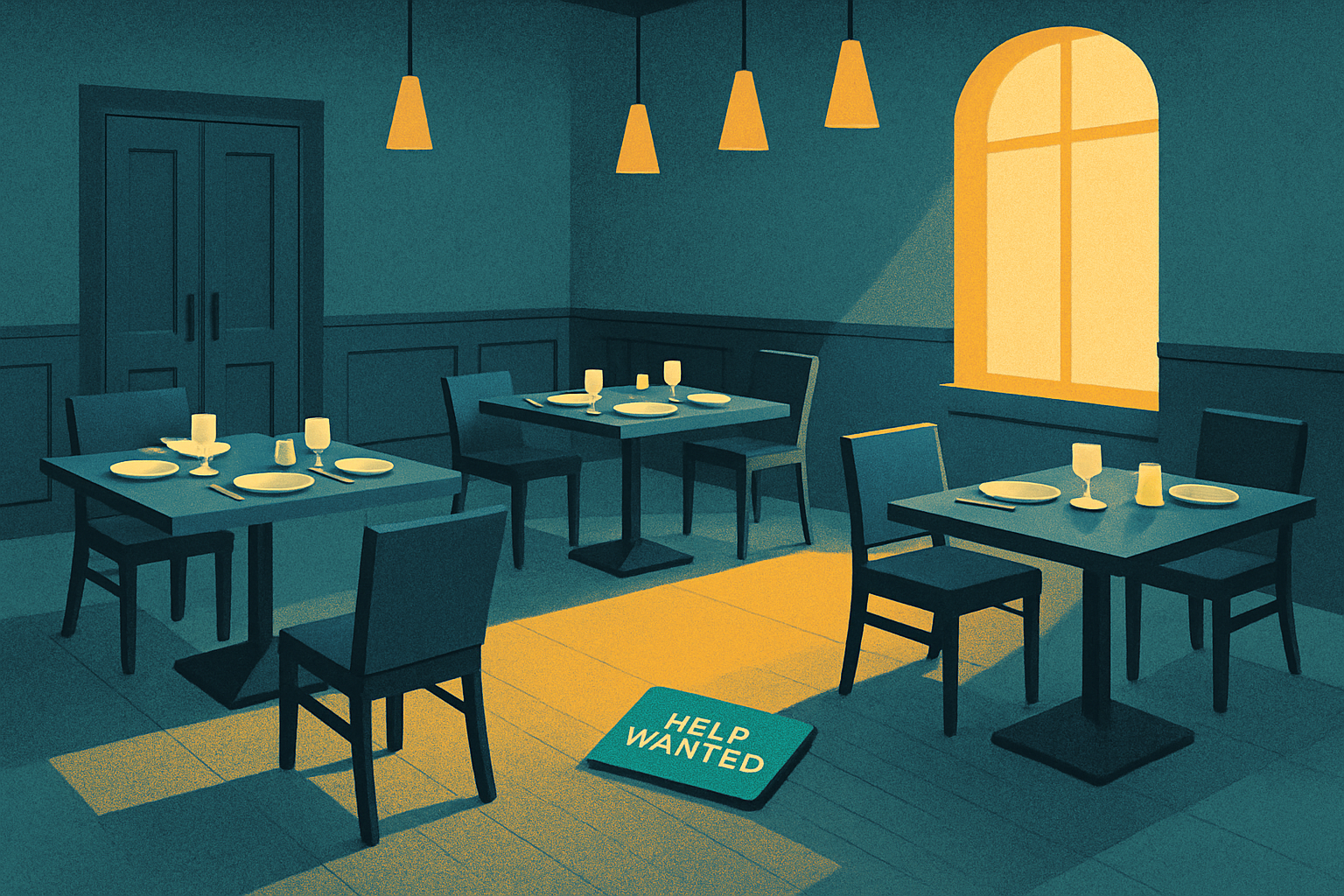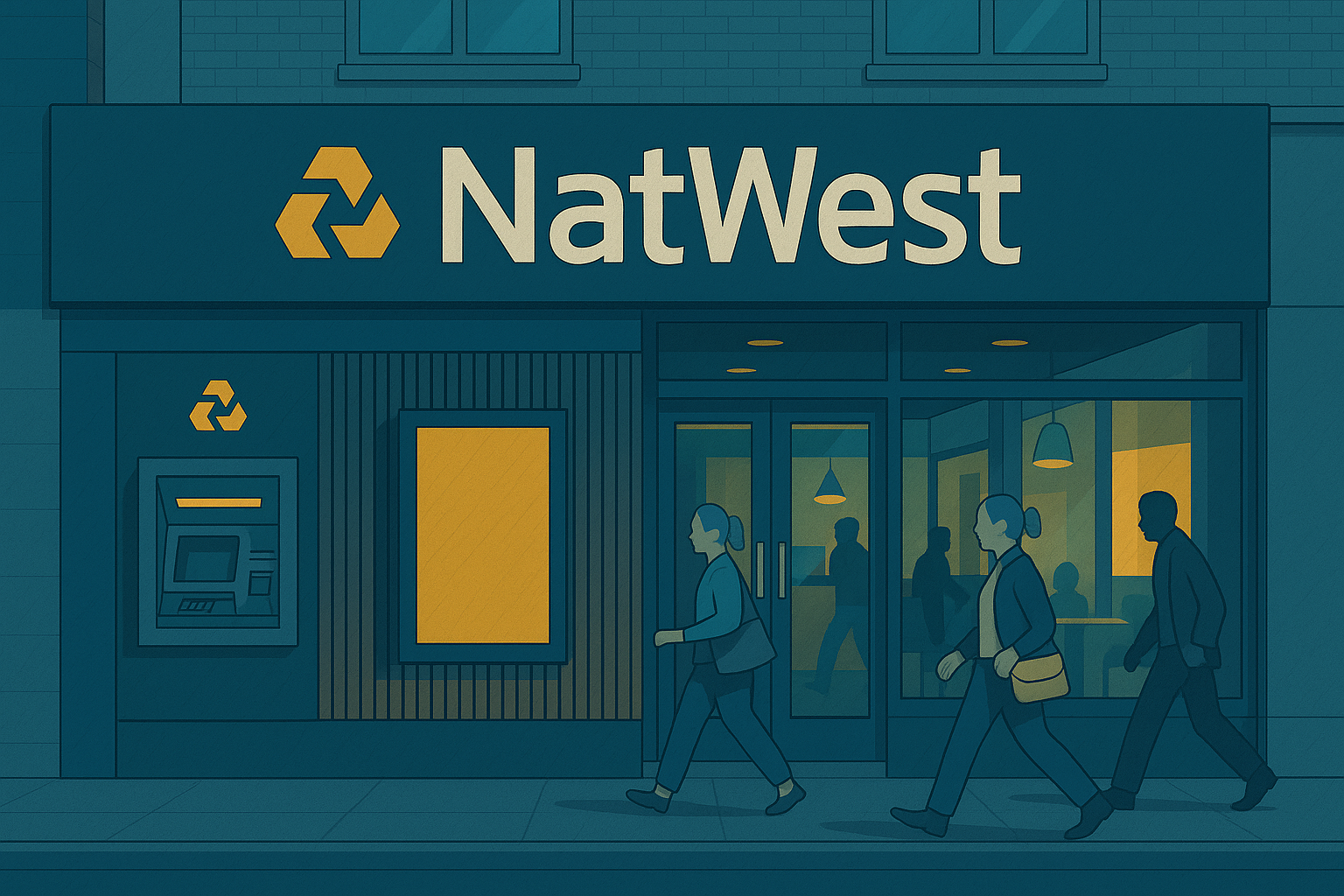A fifth of British hospitality businesses have depleted their cash reserves, and nearly eight out of ten have increased prices as they contend with cost hikes imposed by last year’s autumn Budget.
Recent data from four of the sector’s trade bodies reveals that 69% of members have less than six months of reserves, while one in five have no reserves at all, highlighting the significant challenges facing the industry.
The sector’s dependence on a large workforce of low-skilled employees has made it particularly vulnerable to the government’s decision to approve an above-inflation rise in the minimum wage and a £24 billion increase in employer national insurance contributions during its first Budget last October.
The change in national insurance alone is estimated to have cost the sector an additional £3 billion annually — equivalent to 10% per worker — and has resulted in 84,000 fewer jobs being created.
These industry-wide challenges have prompted 79% of business leaders to raise prices since autumn, while more than half have reduced their workforce in efforts to stabilise their precarious financial situation.
The alarming findings, derived from a survey of members of UK Hospitality, the British Institute of Innkeeping (BII), the British Beer & Pub Association (BBPA), and Hospitality Ulster, led all four industry bodies to issue a joint statement highlighting the “impossible decisions” facing the sector.
“This shocking data reinforces the urgent need for government to recognise the incredible pressure hospitality businesses have been put under, particularly since April, and illustrates why it should come forward with measures to support this vital sector at the Budget,” the lobby groups stated.
They added, “Unsustainable tax increases are squeezing businesses, stifling growth and investment, and threatening local employment, especially for young people.”
Industry leaders released the data alongside calls for the government to reduce VAT for their members in this autumn’s fiscal statement, aiming to mitigate costs for patrons and customers.
They also urged ministers to “amend the changes to employer NICs” and implement lower business rates for the industry.
“Businesses across the sector [are making] impossible decisions to cut jobs, put up prices, reduce opening hours and sadly limit the support they desperately want to give their communities,” the statement continued.
“Hospitality is united in which measures will reverse this trend and drive growth: a reduction in VAT for hospitality, changes to employer NICs and permanently lower business rates for the sector.”




